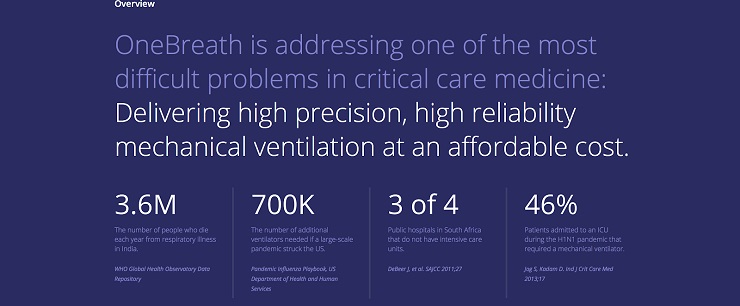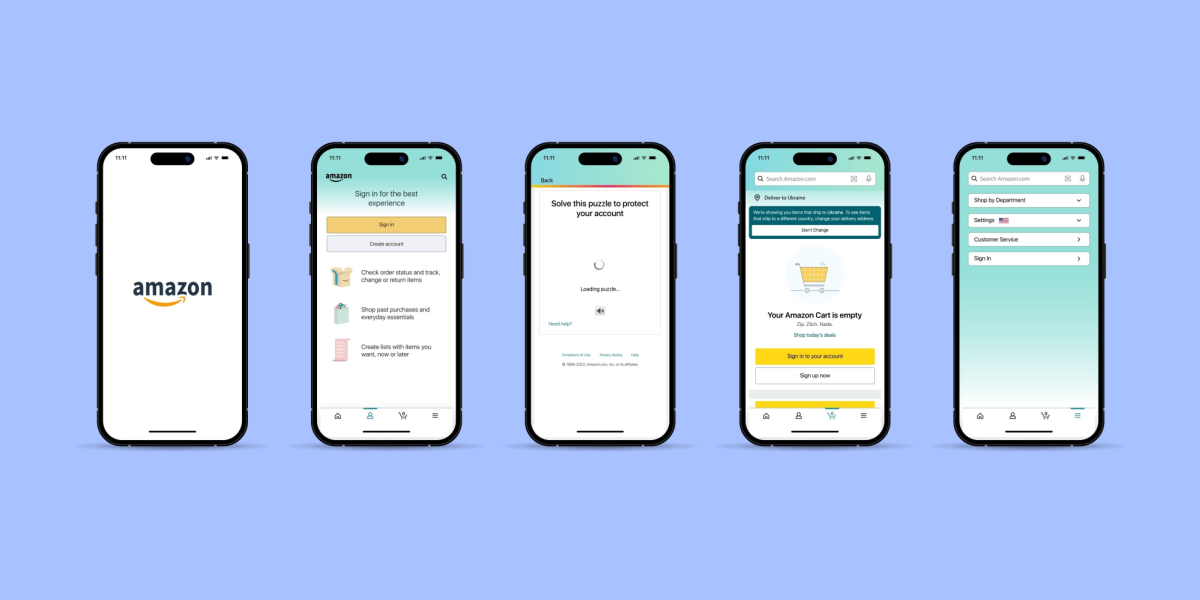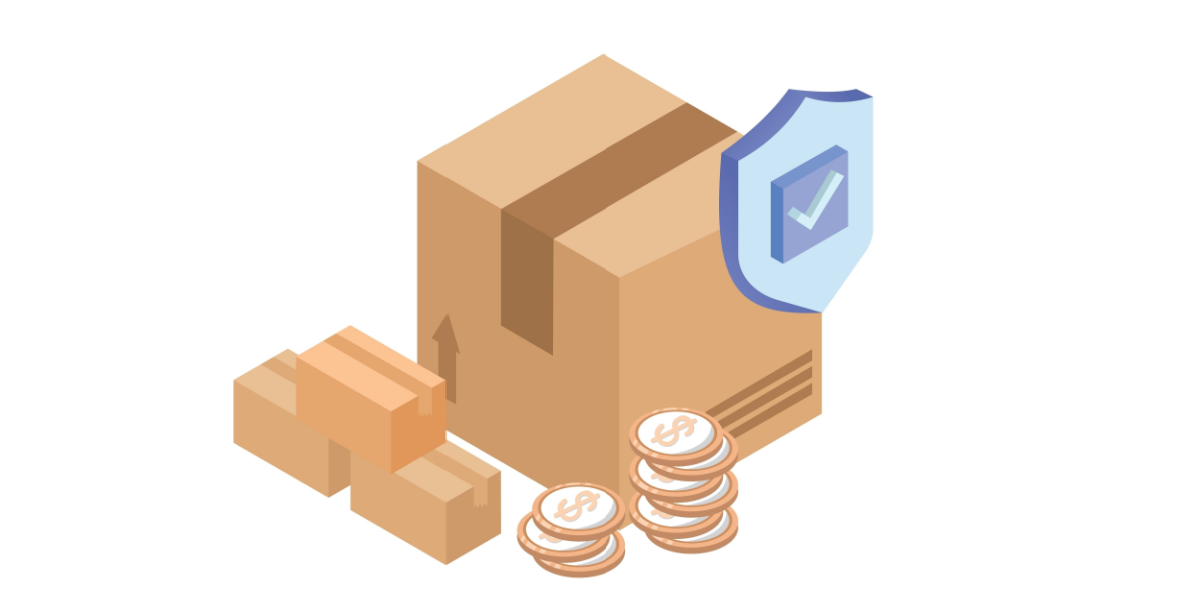If you launched a startup in the past 12 months, your business plan probably didn’t include “survive a global pandemic.” Now, unfortunately, you’re going to have to.
In recent weeks, we’ve been posting advice for entrepreneurs on how to respond to Covid-19, and in this article, we thought it would be helpful to take a broader view on some of the big picture factors at play, and some case studies we can all learn from.
While this pandemic is certainly a unique situation with its own set of challenges, it does share many similarities with other crises—particularly past financial crashes. So there are skills we can teach ourselves in this moment, and startup CEOs are surely going to learn a lot about crisis management in the coming months. Relevant skills include how to manage a freelance team, and how to plan your business finances in dynamic environments.
You should recognize, however, that this crisis also presents potential opportunities for startups. The Covid-19 pandemic has forced many businesses to rapidly and successfully adapt their funding models, audiences, and marketing plans.
In this article, we’ll take a look at how startups are adapting to this crisis, and explore how others can learn from their creative approaches.
The Funding Shock
Let’s start with the bad news. Given the expectation of a global recession caused by the pandemic, early-stage funding for startups has dropped dramatically. The most recent research on this trend has come from CB Insights and was reported in the Wall Street Journal. It found that sources of seed capital have declined by approximately 22% globally since January, and that these declines are especially sharp for startups in hard-hit sectors, such as retail, travel, and hospitality.
This shift is going to cause two major impacts across the startup ecosystem. The first will be on startups themselves. Karen G. Mills, senior fellow at Harvard Business School, has recently put forward some numbers on this in an interview published by HBS.
“This is going to be orders of magnitude worse than the financial crisis,” says Mills, who led the United States Small Business Administration from 2009 to 2013. “Many small businesses will not survive more than a month.”
That’s because, according to the JPMorgan Chase Institute estimates (pdf), the average small business has just 27 days of cash in reserve.
The second major impact will be on the level of innovation available to firms who acquire startups as a form of research and development. Startups are a major source of emerging technology and skilled workers for established businesses, and if startups begin to fail before they are established enough to catch the eye of corporate buyers, this will have knock-on impacts on the technology development ecosystem. On the other hand, it’s likely that the valuation of startups will drop, and with high-skilled employees being laid off by smaller companies, larger organizations might be able to acquire them.
Reacting to a sharp decline in investment capital is likely to be the most challenging aspect of the crisis for startups.
The first and most critical step for startup CEOs will be to assess where your startup stands. You should do this immediately, and be honest with yourself. The economic crash caused by the current crisis is going to be huge, and many businesses are going to fail in the next few months. You should carefully research and assess the likely impact of the upcoming recession or crises on your bottom line, and adapt your business plan to fit the new reality.
This said, your new business plan should also recognize that, at the moment, no one knows how long this is going to last. Climate-KIC recently published guidance on how to develop a business plan during the pandemic, and it makes the important point that, ultimately, you will need to be able to survive for up to three years with little or no external funding. If you conclude that this is simply impossible for your startup, it might be time to make the difficult decision to put things on hold.
It could be that you have to develop new sources of funding, slow down your expansion, or look for new target audiences. Whichever way you respond, don’t be afraid to get creative. Your startup doesn’t have to fit in to get funded, and one of the huge advantages of startups in a financial crisis is that they have the agility to adapt and change at a much higher rate than huge, established businesses.
Getting Involved
Some startups are taking a more proactive approach to the crisis by donating resources and expertise to help in the fight against the virus.
Some of these startups already work in the healthcare industry, but not all of them. In the former category is One Breath, which was already producing cheap, portable ventilators for many years before the crisis, but is now focused on scaling production capacity to produce 10,000 units in six months. Biobot Analytics, a company that had been developing a system to extract public health data from sewers, has also adapted its business model, and is now building testing kits for city governments in the US.
Even startups not directly involved in the healthcare sector are getting involved with the fight against the pandemic. Bloom Energy is a startup based in Sunnyvale, California, which is normally focused on producing fuel cells for electric vehicles. In just a few weeks, however, the company has repurposed its production line to repair and service ventilators.
In the UK, the vacuum cleaner-maker Dyson created its own ventilator design by drawing on the engineering expertise gained over the past few decades, and is also adapting its production lines so these new ventilators can be produced at scale.
Tech startups may not be able to donate production capacity to the global fight against Covid-19, but they are still getting involved. Cloud service providers are throwing cycles at the crisis, and some cryptocurrency mining operations have provided computing resources to the search for a cure.
And at the level of funding, Plug and Play have also announced the formation of a global COVID-19 accelerator, aimed at quickly investing in technologies to help address the pandemic. This funding is designed to drive innovation across the ecosystem by providing seed funding to startups working in multiple industries: health care, supply chain operations, retail, business operations, and financial system technology.
The lesson to be drawn from these developments is quite simple—that most startups, no matter what their normal sector or mode of operation, can contribute in some way to the fight against the pandemic. Doing so comes with multiple advantages for the average startup.
First, your employees gain the chance to share their knowledge outside of their normal channels, and to learn from colleagues who they would not normally collaborate with, which is invaluable.
Second, there are real gains to be made in terms of brand positioning by contributing to the fight against the pandemic. One of the major problems that startups will face in the coming few months—and one we’ve already highlighted above—will be getting investors to notice them before the upcoming recession starts to bite. By joining the global campaign against Covid-19, you can highlight your unique products and skill sets to a worldwide audience, and simultaneously indicate that your company is one with a social conscience.
Agility and Resilience
The implications of the pandemic go way beyond short-term funding and contributions, though. For many startups, the crisis will represent a difficult, but potentially valuable, test of their ability to adapt to rapidly changing market conditions. Some startups, and even those in deeply affected sectors, have quickly changed their entire business models in the past few weeks, and how they’ve done so can provide valuable lessons for startups in other sectors.
Nowhere is this more apparent than in the travel industry. This industry has been one of the hardest hit by the crisis, due to the huge drop in customer travel over the past few months. TechCrunch recently interviewed three startups in the sector, and the ways in which they are adapting their business models are instructive. All three have seen a huge spike in customers booking flexible products that can be cancelled at short notice in exchange for an increased booking fee. All three are also offering short-term deals on their travel products through their ecommerce platforms, while recognizing that the pandemic will change their industry forever.
Another source of inspiration for startups struggling to deal with the crisis comes from the online learning sector. In many ways, e-learning startups have been one of the biggest beneficiaries of the pandemic, with schools and universities across the globe now closed, and users turning to online platforms in response. At the moment, though, few of these companies are using this opportunity to increase their revenues. Instead, many have made their courses entirely free to access for the duration of the pandemic, betting that the loyalty gained by doing so will outweigh short-term gains in profits.
For startups outside the travel and e-learning sectors, there are some key lessons here. Unless you are one of the lucky companies that actually stand to gain from the pandemic, you are going to have to think deeply about how you can adapt your product offering to attract new customers. This could include moving more of your services online, investing in a partnership with a trusted delivery company, or moving to remote work.
Plenty of agencies have produced detailed resources on how to complete this kind of planning. There are action plans available that can help you to shift your product offering in the context of the crisis, as well as guidance on how to effectively lead your team through these difficult times. There are also many lists of key resources that have been published over the past few months, but one of the best comes from GGV Capital, who have compiled an impressive list of tools and guides for startups dealing with Covid-19.
The Bottom Line
Sometimes a crisis, while always tragic, can force some positive effects. It might not feel like that right now, but by responding to Covid-19 will teach you some valuable skills. In other words, this is not the only crisis you are going to face as your business grows, and the lessons you learn in the next few months will be extremely useful when it comes to scaling your startup further down the road.
In fact, some of the tools and processes above are likely to be relevant long after the current pandemic has passed. This includes your communication with your customers, which will need to be clear, concise, and as informative as possible during the pandemic. For many startups, it will not be the crisis itself that causes you to fail, but the panic it precipitates throughout the wider economy. For that reason, reassuring your customers and investors will be critical over the next few months.
The lessons to be drawn from the examples above will have value far beyond the next few months, though. Some analysts have speculated that the changes Covid-19 has brought about—and specifically the huge rise in the number of remote workers—have merely accelerated shifts that were long overdue anyway. Many companies are going to find that the agility required during the present time is actually preferable to their old ways of working.
For now, though, stay focused. Crisis management requires you to up your leadership game, so make sure you have the tools you need to get through the current difficulties. That means, above all, learning from startups that are responding well to the current struggle.


















